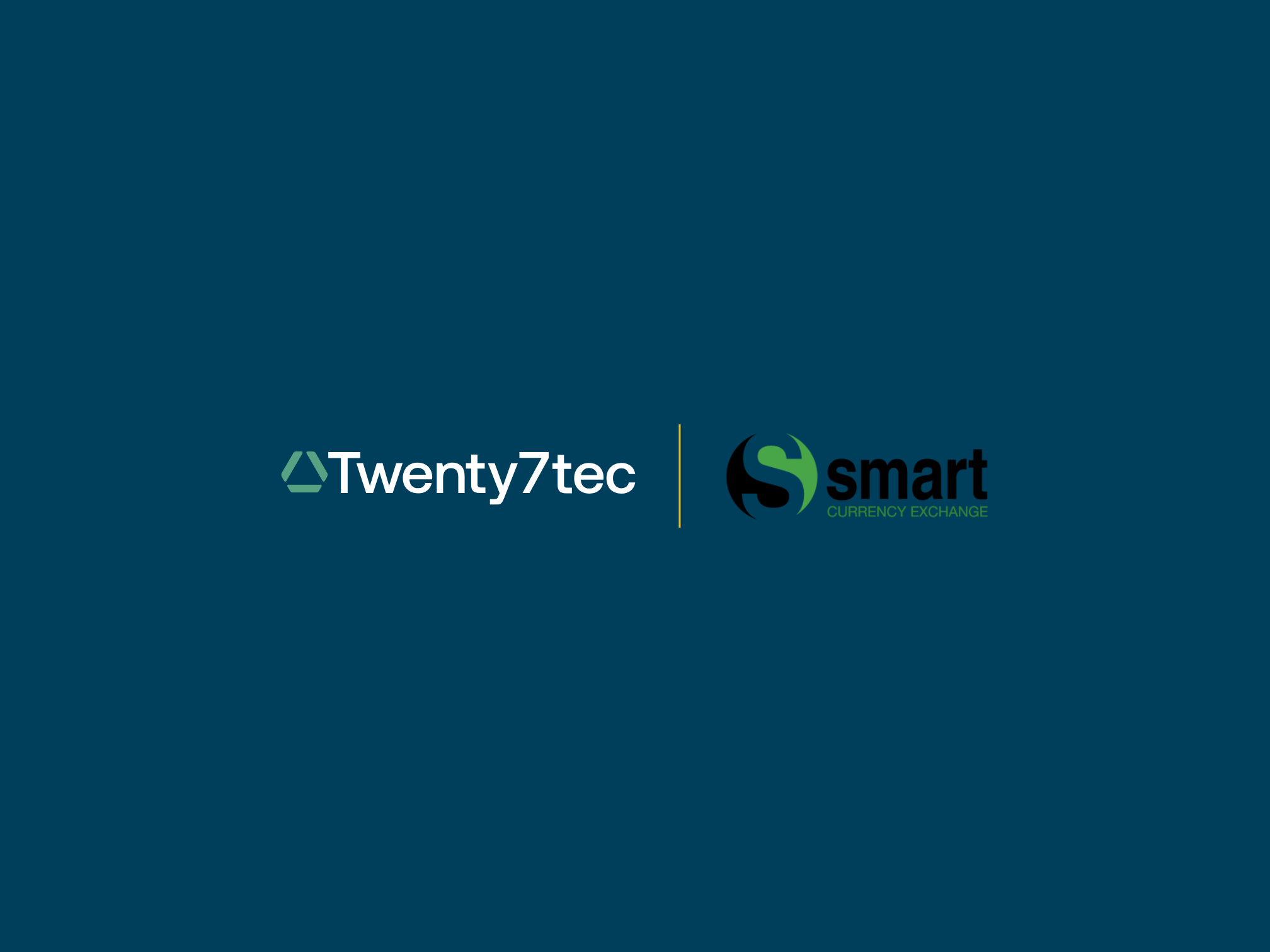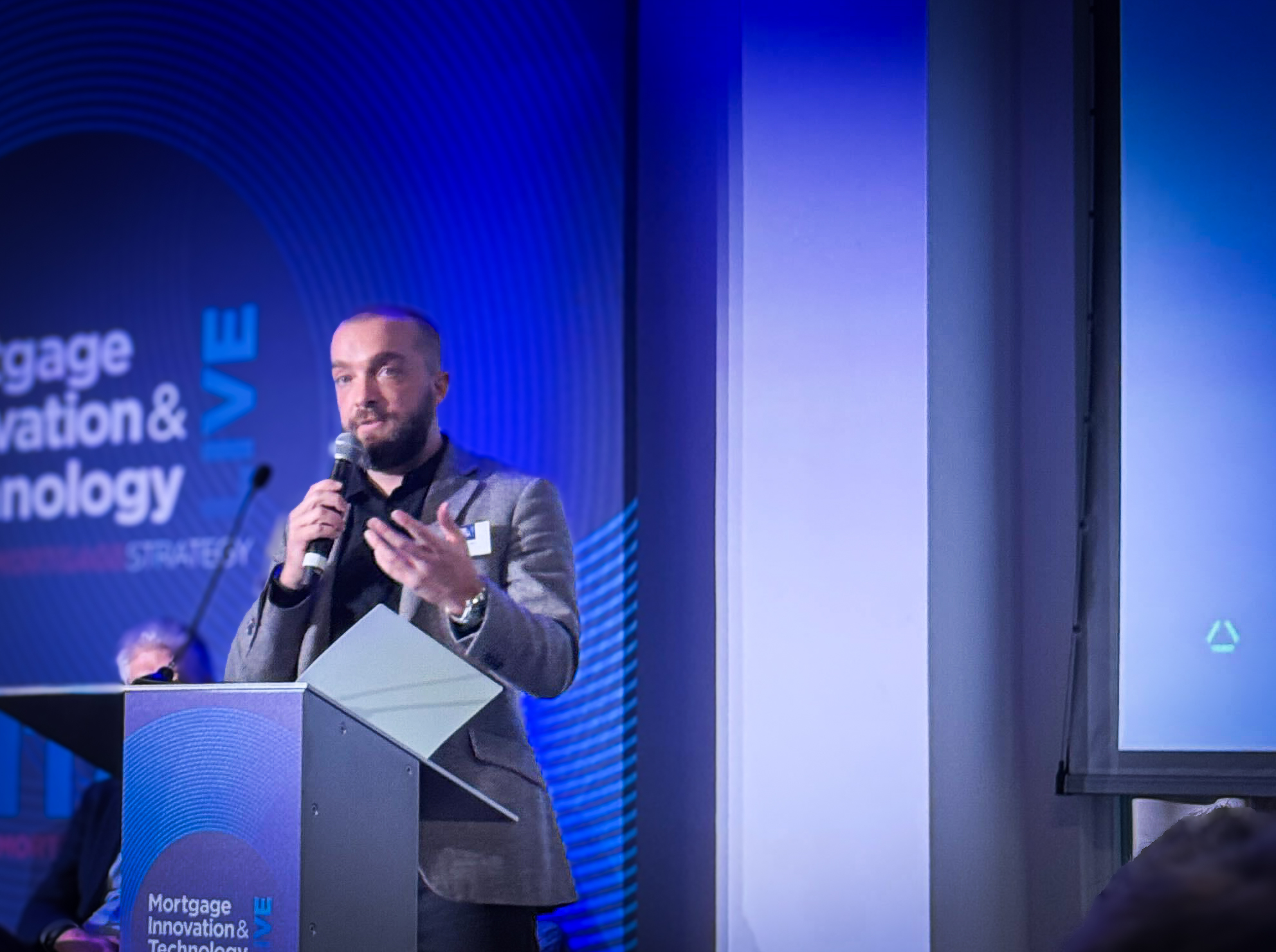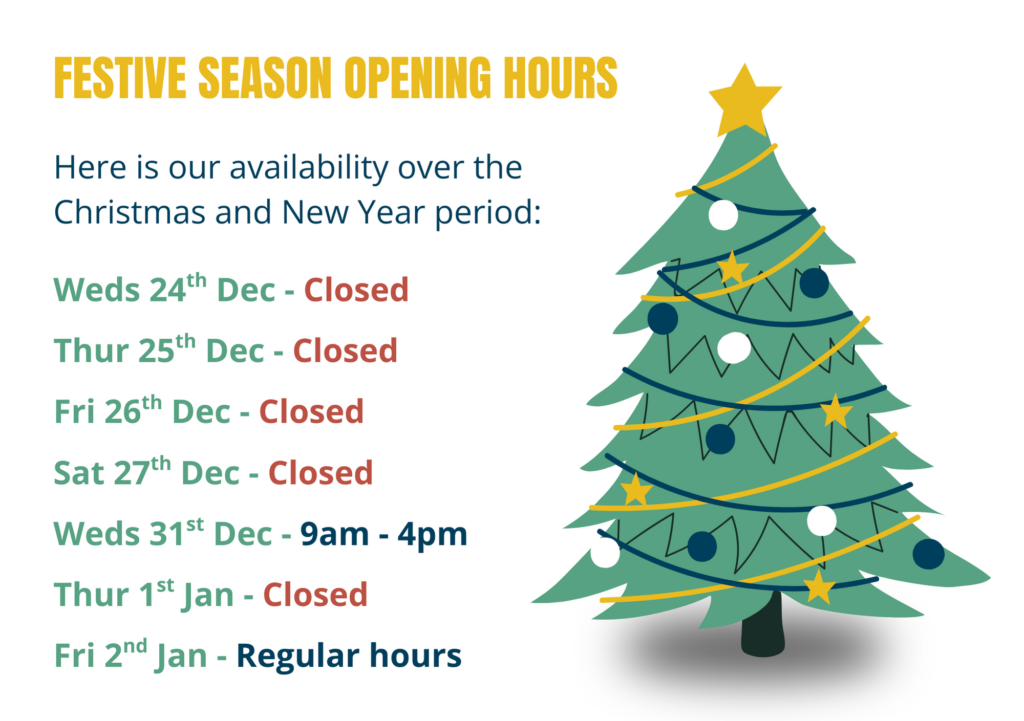Mark Smith Director of Intrusted Pensions Services Ltd
The UK Pensions Dashboard Programme is set to begin compulsory connection for large pension providers by April 2023. But the world has moved on since its introduction in 2020, and consumers want more from a pension dashboard than just visibility; they want accessibility and insight.
While pension integration and accessibility should no doubt be a priority in the coming years, current trends and consumer attitudes have rendered this particular development dead on arrival. The initiative fundamentally misunderstands consumer behaviour and changes in the approach to saving for retirement.
Multiple pension pots and sources are already the norm, so the dashboard will have limited appeal for those with a broader investment portfolio. And current trends suggest that the next generation is turning their backs on employer pension plans. Driven by fear and scepticism of employer pension programmes, younger generations are taking matters into their own hands.
Technology makes it easy – and even fun – for individuals to build their own pension pot. But in the interests of also making these investments secure, many companies have led their customers into vanilla, middle-of-the-road investments. The original benefit of self-invested personal pension (SIPP) – namely, flexibility and choice – has fallen by the wayside. This is no longer the unique selling point for SIPP.
We’ve seen plenty of development in the realm of allowing individuals to be more selective about where their investment goes, and this has proven fruitless in the face of greater Financial Conduct Authority (FCA) scrutiny and regulation.
A greater choice isn’t always the biggest benefit to consumers, particularly when faced with making financial decisions. The role of the financial advisor is still alive and well. Focus is now set to shift to the drawdown market. Individuals can get on board with SIPP if they know accessing it in the future will be easy.
Gone are the days of salary sacrifice that isn’t seen again until retirement age when diligent savers can start to draw their pension. Approaches to work and retirement are looking set to become flexible, with some taking a hybrid approach where they scale back on work and supplement their income with their SIPP.
Employment trends are changing, and consumers need to be empowered to make choices that will suit their long and short term investment goals. We already have the technology required to make paying into a SIPP simple and accessible. What is needed now is the technology to take the money out again in a frictionless and transparent way.
By humanising this information, individuals will not only be able to see the real-world value of crystallising a portion of their pension pot but also its wider impact. Enabling them to make informed financial decisions, which is precisely in line with the goals of the FCA Consumer Duty rollout.
The FCA Consumer Duty implementation set for 2023 will have an indirect impact on the wider financial industry. While initiatives of this sort often seek to regulate, control and limit the influence of technology, this one could present a ripe opportunity for technology players.
Small firms and wealth managers, in particular, will be forced into adopting new technology in order to demonstrate compliance. Consumer Duty will force important questions about why wealth managers recommend certain products and what data they are using from the clients to inform these decisions.
All of this adds up to a more connected and humanised approach to investment, pensions and wealth management. 2023 could be the year we pull back the veil and allow consumers an in-depth look at what their money is doing, where it’s going, and the implications of drawing down versus leaving it alone.
Opportunity is there for technology players to engage in a little joined-up thinking to bring a traditionally low-tech and manual sector up to speed. From personal experience gained across Truinvest, Intrusted Pension Services, Ningi and Gaudi, there are clear opportunities for technology to unite seemingly disparate sectors and concepts.
In 2023 and beyond, expect to see many opportunities for tech companies to shift focus from flexible investment opportunities and focus instead of drawdown opportunities. The tech solution that can increase flexibility for crystallising SIPP investments and automate this process will likely find itself in an enviable position. And if we can add a holistic pensions dashboard that actually increases visibility and functionality, then consumers will be well served in 2023 and beyond to take full control over their pension options.



